India calls for drills to test war preparedness as Pakistan conducts second missile test in days
The Indian government will on Wednesday conduct a nationwide civil defence drill to test preparation for an attack on its territory as military tension soared at its border with Pakistan in the aftermath of the terror strike in Kashmir.
It would be the largest civil defence drill in India since 1971, the year India and Pakistan went to war that led to the formation of Bangladesh.
The home ministry has ordered several states and federal territories to conduct mock drills to test air raid warning sirens, evacuation plans, implement crash blackout measures, and training people to respond in case of any attacks, according to Indian media reports.
A source in the home ministry who requested anonymity told Reuters that the drills are to ensure civil preparedness, but did not mention Pakistan or the Kashmir attack.
It comes after a deadly terrorist attack in Jammu and Kashmir killed 26 people on 22 April in one of the worst attacks in the region on tourists. New Delhi has called it an act of terrorism and blamed Pakistan, which has denied involvement, downgrading diplomatic and bilateral ties with Islamabad since then.
The attack has raised fears of an armed conflict between the two rival countries, with allies and the UN calling for restraint from both sides.
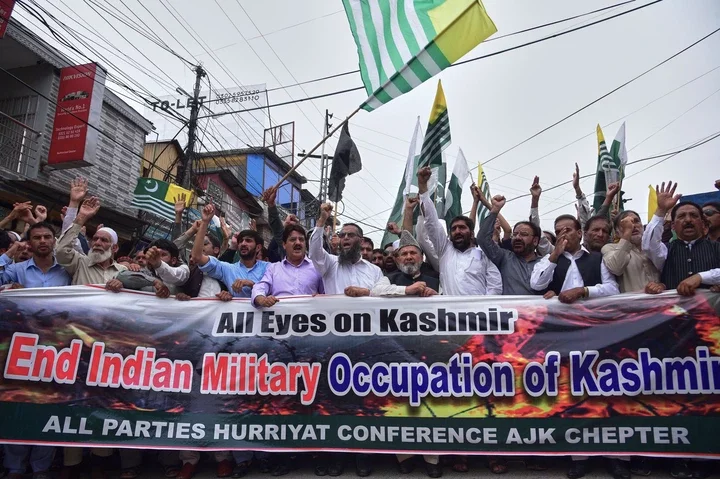
Pakistan's defence minister Khawaja Muhammad Asif and information minister Attaullah Tarar have raised the alarm over "imminent" attack from India, warning that any action would be met with a strong response.
The announcement of the drills came after prime minister Narendra Modi chaired a high-level meeting with top defence officials, including national security advisor Ajit Doval, defence secretary Rajesh Kumar Singh, and Air Chief Marshal AP Singh.
UN chief Antonio Guterres said the relationship between India and Pakistan has reached "a boiling point" with tensions reaching the "highest in years".
"It is also essential - especially at this critical hour - to avoid a military confrontation that could easily spin out of control," he said.
"Now is the time for maximum restraint and stepping back from the brink," he added.
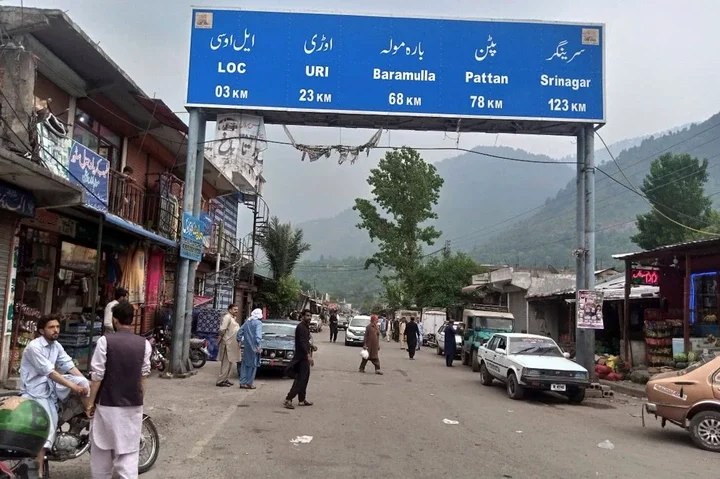
On Monday, Pakistan carried out its second missile test in just three days since the Kashmir attack, testing a surface-to-surface missile with a range of 120km (75 miles).
The Fateh series missile was tested two days after it claimed a successful launch of the Abdali surface-to-surface ballistic missile with a range of 450km.
Prime minister Shehbaz Sharif said the successful test launch "made it clear that Pakistan's defence is in strong hands".
It comes as the situation remains volatile at the Line of Actual Control, the 740km frontier separating the Indian and Pakistani-administered parts of Kashmir. Cross-border firing has continued from both sides for the 11th straight night since the ceasefire reached in February 2021 broke down amid the tensions.
A week after the latest attack, Delhi responded swiftly with a series of retaliatory measures against Pakistan. India shut down the main border crossing with Pakistan, suspended a crucial water-sharing agreement, expelled Pakistani diplomats, and halted most visa services for Pakistani nationals - who were given only a few days to leave the country.
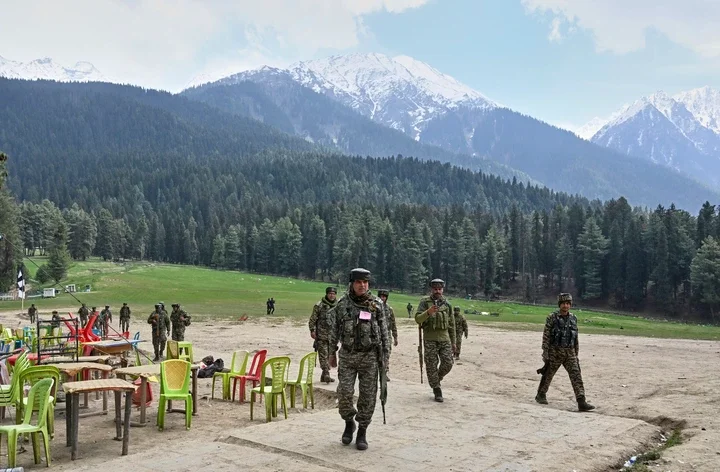
India also banned all Pakistani aircraft - both commercial and military - from its airspace, mirroring a similar move by Islamabad.
In response, Pakistan suspended its own visa services and suspended a key 1972 peace agreement with India. The Himalayan region of Kashmir is at the heart of decades of hostilities between India and Pakistan which both claim the Muslim majority region in whole but control it only in part. The two countries have fought two of the three full-scale wars over the region.
India has accused its neighbour of supporting Islamist separatists battling security forces in its part of the region. Pakistan says it only provides diplomatic and moral support for Kashmiris seeking self-determination.
Russian president Vladimir Putin held a phone call with Mr Modi on Monday, "strongly condemned" the Kashmir attack and offered full support to India in its "fight against terrorism", the Indian foreign ministry said.
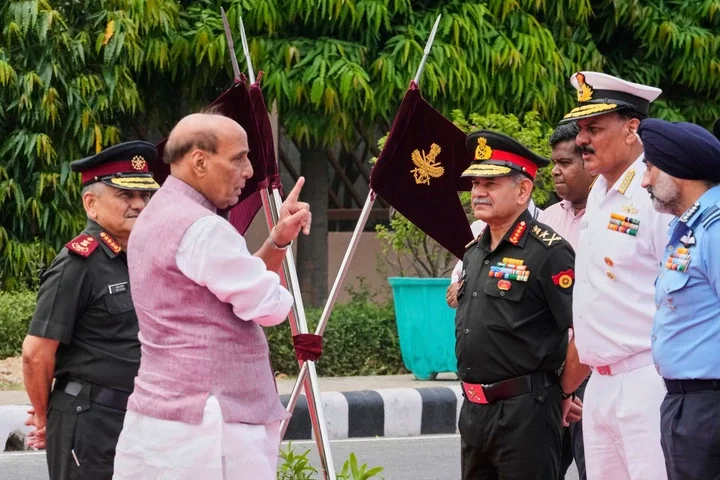
"Both sides underscored the need for an uncompromising fight against terrorism in all its manifestations," the Russian embassy in New Delhi said on X.
The UN Security Council held a closed-door meeting to discuss the escalating hostilities between India and Pakistan.
The meeting was called by Pakistan to "formally apprise" the UNSC of the situation and call upon it "to exercise its primary responsibility for the maintenance of international peace and security by taking appropriate measures".

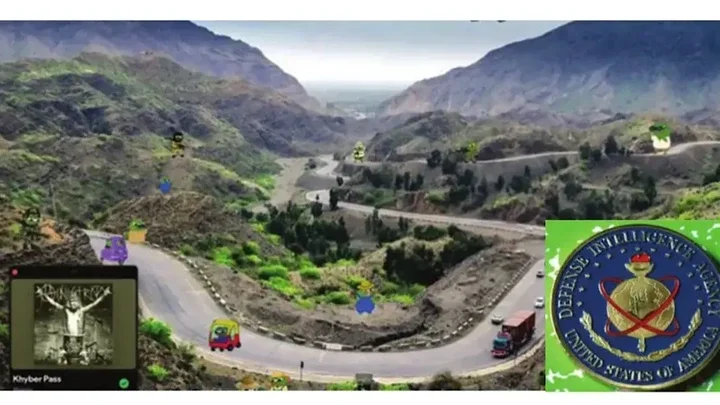
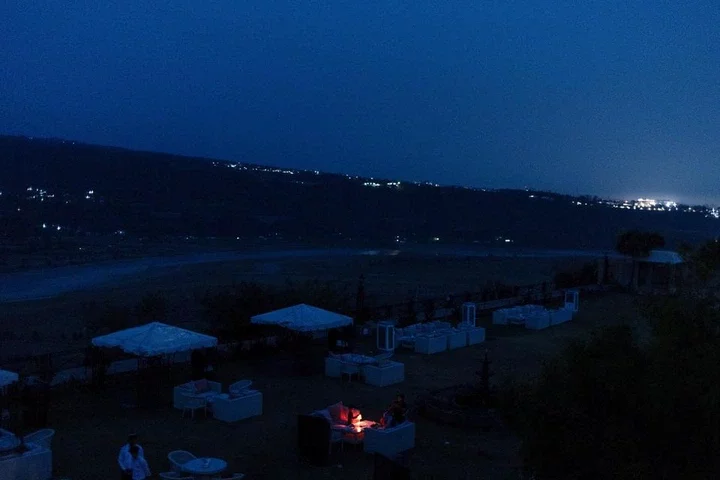
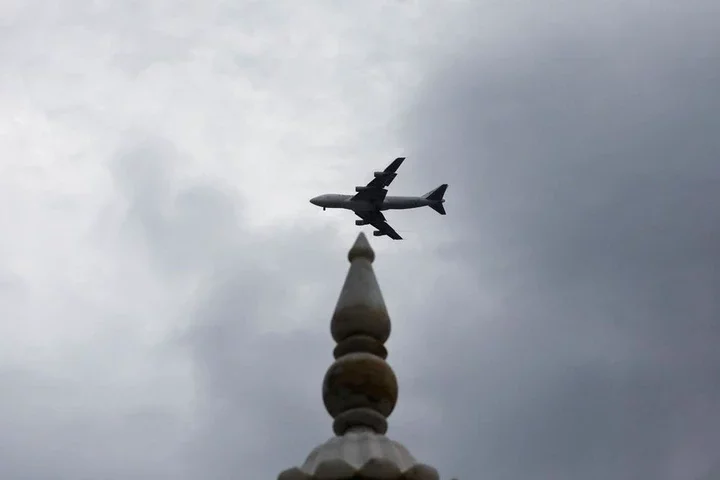
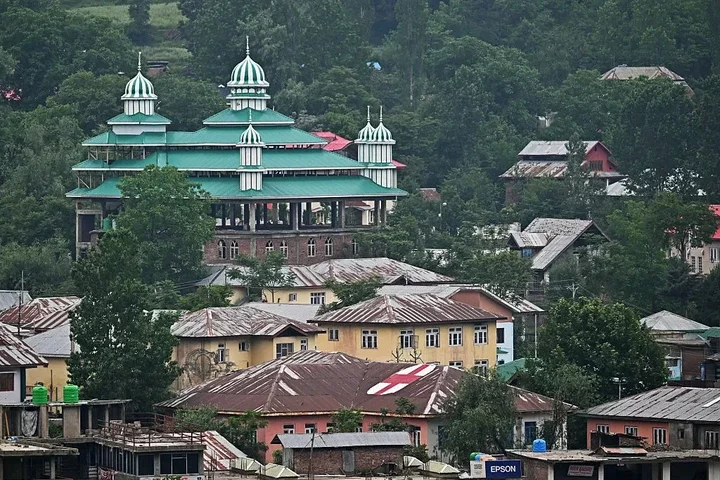
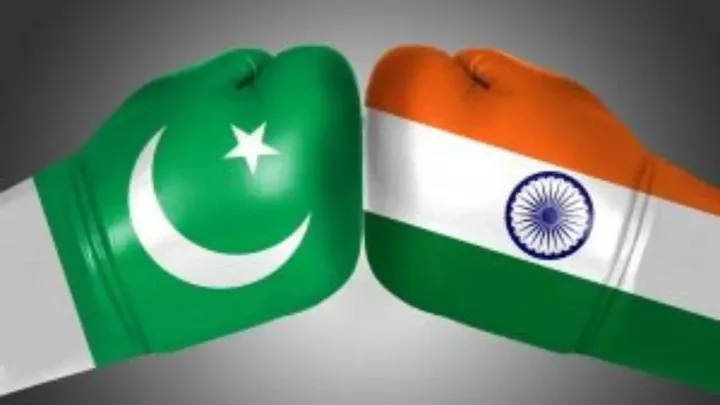
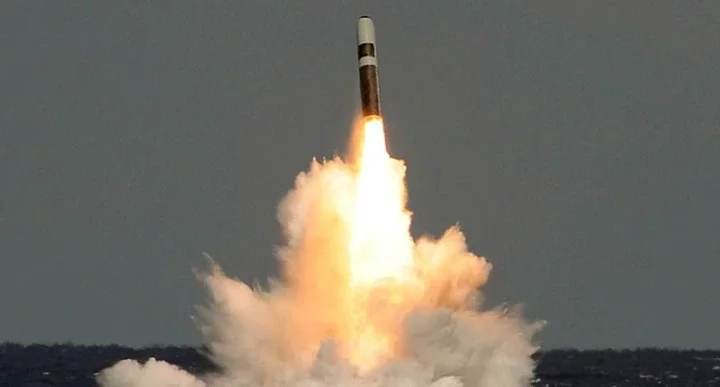

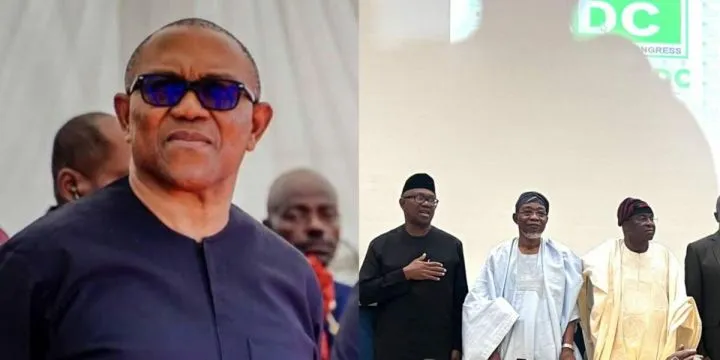




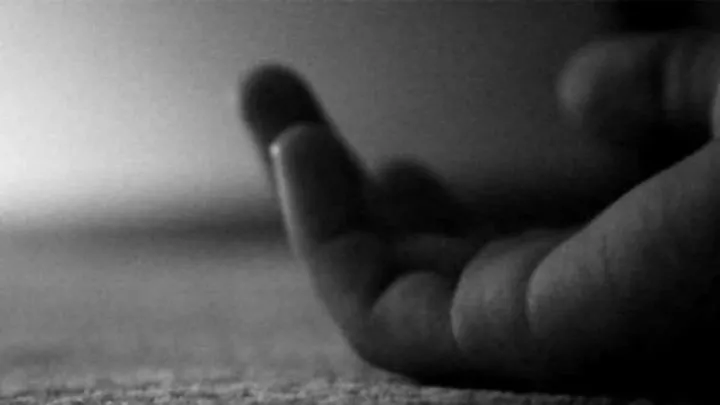

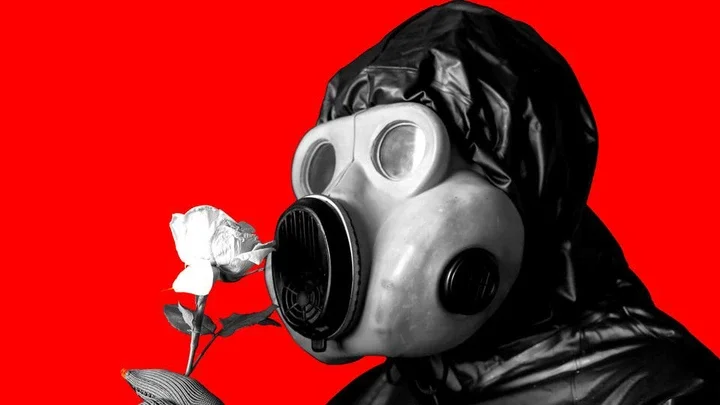

Comments